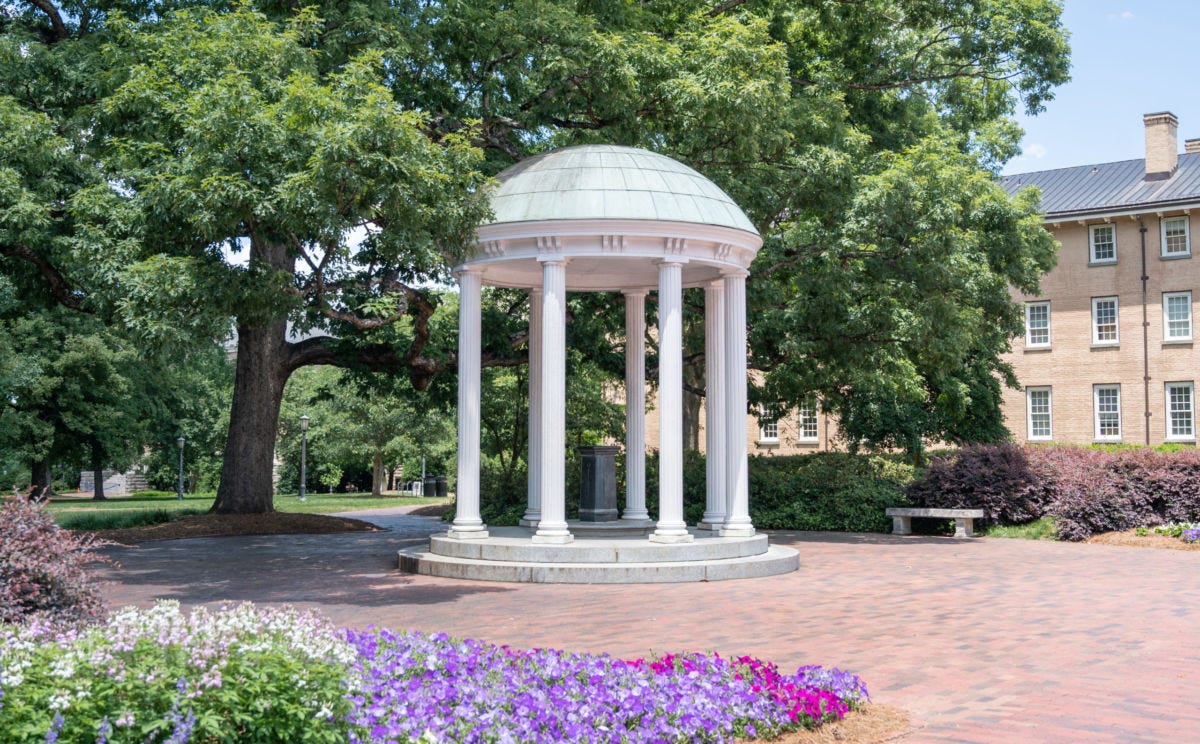Digging from the Old Well
The Genesis Strategy for Renewal in Higher Education

The notorious calamity that has become post-liberal, secular-age higher education, so-called, will eventually die from its own intellectual starvation. In its downward spiral, however, it became a horrendous experiment in socialist indoctrination that spawned incredibly dangerous viral strains of atheism leading to cultural insanity (ala Romans 1:18-32). Mercifully, there are now movements toward genuine reform in higher education. I write about one of those movements here.
“And Isaac dug again the wells of water that they had dug in the days of Abraham his father, which the Philistines had stopped after the death of Abraham. And he called their names after the names by which his father had called them” (Genesis 26:18).
This is my latest op-ed at the Carolina Journal. The Genesis Strategy that I describe works for higher education as well as industry, churches and governmental agencies alike. This is how we recover, reform, revive, and refresh. Read about Digging from the Old Wells in the award-winning Carolina Journal. There is an evidence-based, tangible, and accessible plan available to stop the madness. And a plan brings purpose. And purpose inspires work. And all of it together gives hope. We need hope grounded in truth with an expectation for biblical transformation now more than ever. That hope is in a Word from Another World come down in human flesh to this one.
There is a virtue hard-earned in seeking the underground springs that fed previous generations. When our Founding Fathers laid the planks for a new nation, they didn’t dig new wells. Jefferson and Madison and others dug from the old wells that their fathers dug, and quenched their thirst for truth with tried-and-true pales of refreshment from the likes of John Locke’s (1632-1704) Two Treatises of Government (1689), Samuel Rutherford’s (1600-1661) Lex, Rex (1644), as well as the Ancients on democracy; Augustine, Aquinas, and the Reformers on moral philosophy.—Michael A. Milton, “Digging for fresh water from the Old Well: UNC School of Civic Life brings hope of academic renewal,” Carolina Journal


